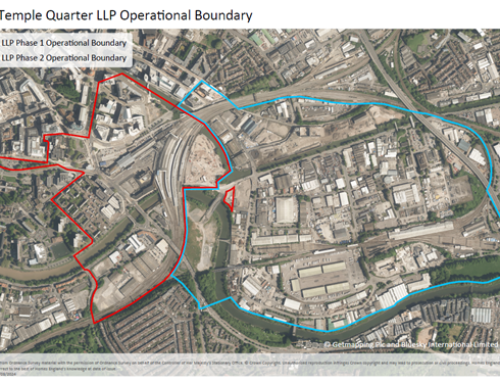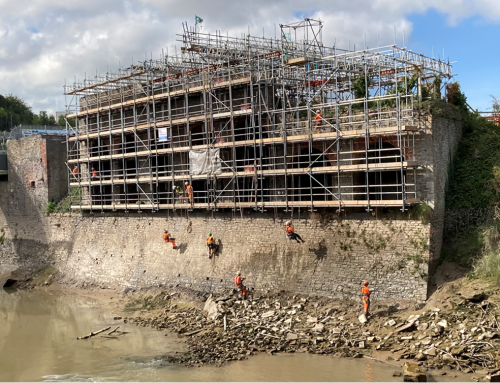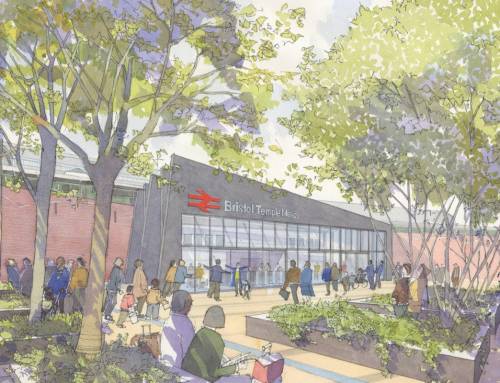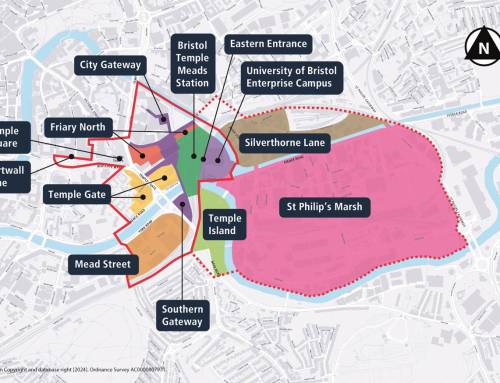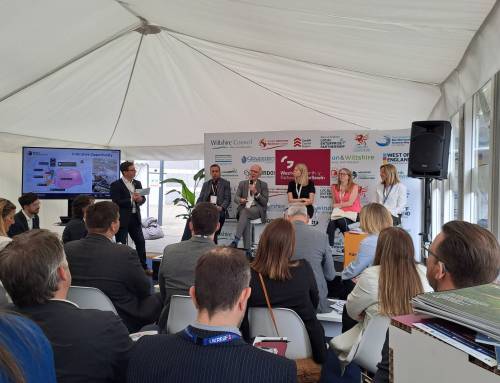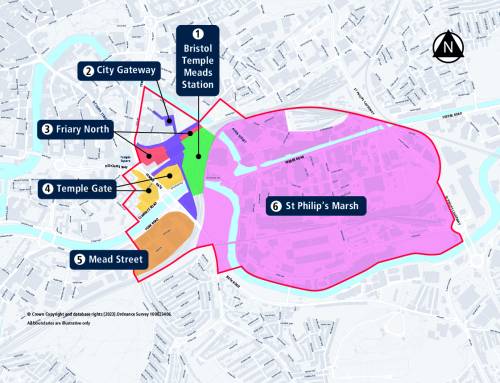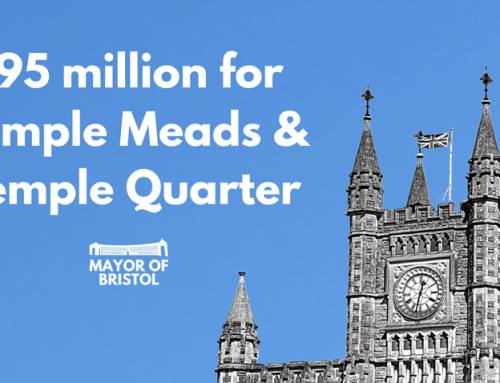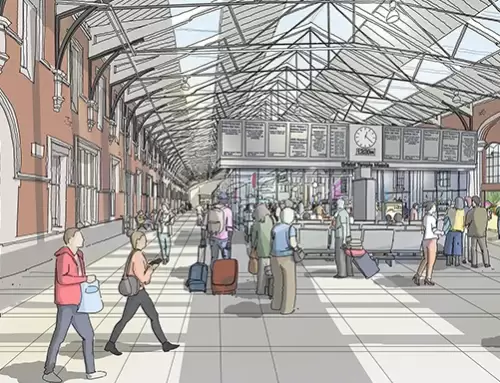Huge improvements in the leisure and cultural offering of Bristol and the wider region can be expected from a new 12,000 capacity arena in 2017; a benefit matched by significant economic benefits.
A new business case for the arena has revealed that, along with the ability to attract global stars and major international events, nearly 400 new jobs and over £150 million would be injected in to the regional economy by the facility. The economic benefits will be fully realised over 25 years when the long awaited project goes ahead, but the immediate impact will be a huge range of gigs, tours and shows for residents and visitors which will revitalise and improve the city’s leisure offerings.
Davis Langdon consultants have spent the last three months working up an outline business case for the project, while AMION Consulting has produced a detailed economic impact assessment.
Together, these assessments from industry experts will inform Bristol City Council as key decisions are taken on the design and operator model for the arena, which will be located in the heart of the Temple Quarter Enterprise Zone, the city’s biggest regeneration project.
Two ways of delivering and running a successful arena have been identified. One option is for the 12,000 capacity arena to be leased out to an experienced operator on a long term contract. The operator and the council would take forward the design and build of the arena with the knowledge that the operator will take on and run the finished facility. The second option would be for a management agreement where the council would have a contract with an operator to manage the arena on their behalf, giving the council greater control and potentially gaining more benefit as a result. This option would carry more business risk for the council.
Offering 10,000 seated and 2,000 standing spaces, the arena will create 274 permanent jobs in Bristol, rising to 387 across the Bristol and Bath city region. Bristol can anticipate a clear return on any financial investment, with £110.9 million added to the local economy over 25 years, rising to £157.3 million across the Bristol and Bath city region. This is set against a total project investment of around £88.3 million in the arena (£80.2 million) and its surrounding infrastructure including roads, shops and facilities (£8.1 million), which would be the cornerstone of the Temple Quarter Enterprise Zone regeneration project.
George Ferguson, Mayor of Bristol said: “It is crystal clear that Bristol needs an arena and I welcome the findings of the business case which matches my ambition. We should have delivered an arena years ago but as the only major city without one we can now take advantage of learning from all that have gone before. This is an absolute imperative as far as the people of Bristol are concerned and it is heartening that the business case demonstrates even more clearly that it makes absolute economic sense for Bristol and the whole region to move forward with this plan.”
“This is very encouraging news for the arena and the Temple Quarter Enterprise Zone, providing some really solid evidence to help inform decisions on the best way forward. I have asked officers to continue their work to obtain best value so that I can be absolutely sure Bristol gets a high quality arena and place that provides real bang for our bucks. The crucial decision will be made at the Council budget meeting on February 18th and I am confident that members of Council, who recognise the importance of this project to Bristol’s standing and to the local economy, will give it their support.”
The Mayor will decide over the next month whether the Operator Rental or Management Agreement models will be pursued. Full budget approval will be required for the investment in the arena and work continues to identify the right funding options. A full report will go to Cabinet on 16 January 2014 before going to a Full Council decision as part of the council’s budget on 18 February 2014.
It is currently anticipated that work will start on site in late 2015, with completion of the arena in the first half of 2017. Progress on the project will be influenced by a bid for additional funding from the City Deal which will be presented to the Board of the West of England Local Enterprise Partnership in November. Other funding options are also being examined.

